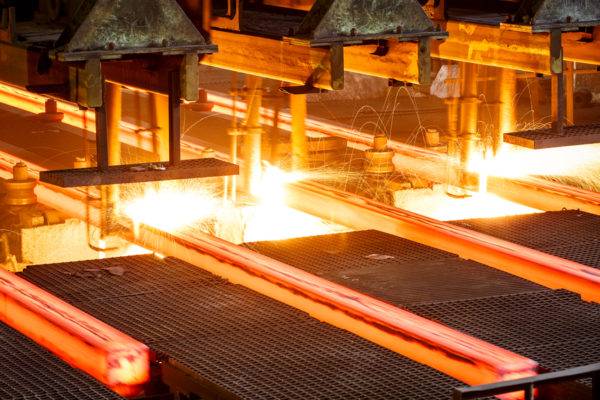JFE Steel, the fifth largest steel maker in the world, will standardize its core platform across all factories, using the Internet of Things (IoT) to connect factories together for better management.
JFE Holdings, the parent company of JFE Steel, plans to spend $652 million to bring IoT to its factories by 2022. It says that the single database will shorten production times, reduce order delivery times, and detect signs of equipment failure earlier.
It is going to be tough for JFE Steel to create this single database, since its steel mills in Chiba, Kanagawa, Okayama, and Hiroshima all use differing systems.
On top of the benefits already mentioned, JFE Steel will also be able to send improvements from one factory to the rest. If one steel mill shows a higher production rate or better steel quality, JFE can instantaneously implement the advantages at other mills.
Bringing the factories online could also bring benefits that are unforeseen, like enhancing regional production if the local economy is doing better than other cities.
JFE Steel to start with Japan
JFE has not said if it will bring the same operating system to its other steel ventures, like California Steel, Fujian Sino-Japan in China, or Minas de Serra Geral in Brazil. If it does standardize systems worldwide, the effects of local economy may have an even greater impact on the production of steel.
Smart factories are starting to look like the next major step in the Internet of Things (IoT) revolution. Germany has already named it ‘Industry 4.0’, claiming the advances IoT will bring are equal to the implementation of steam power or computers in the industry.
While others countries are not as excited about the possibilities of the Industrial Internet of Things (IIoT), we are starting to see more manufacturing companies like Foxconn and Toyota invest into connected platforms.


















